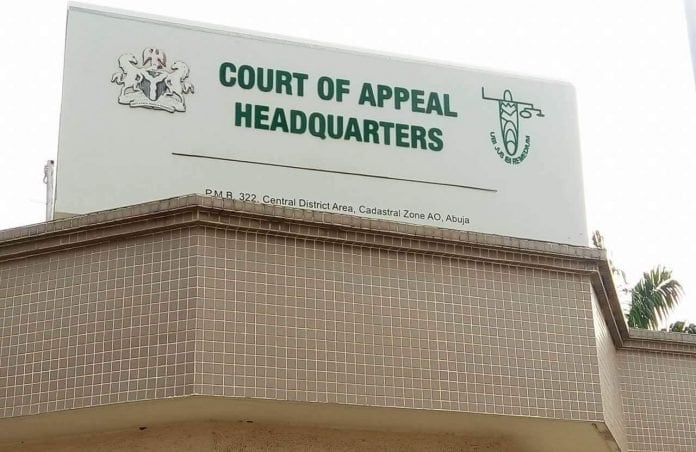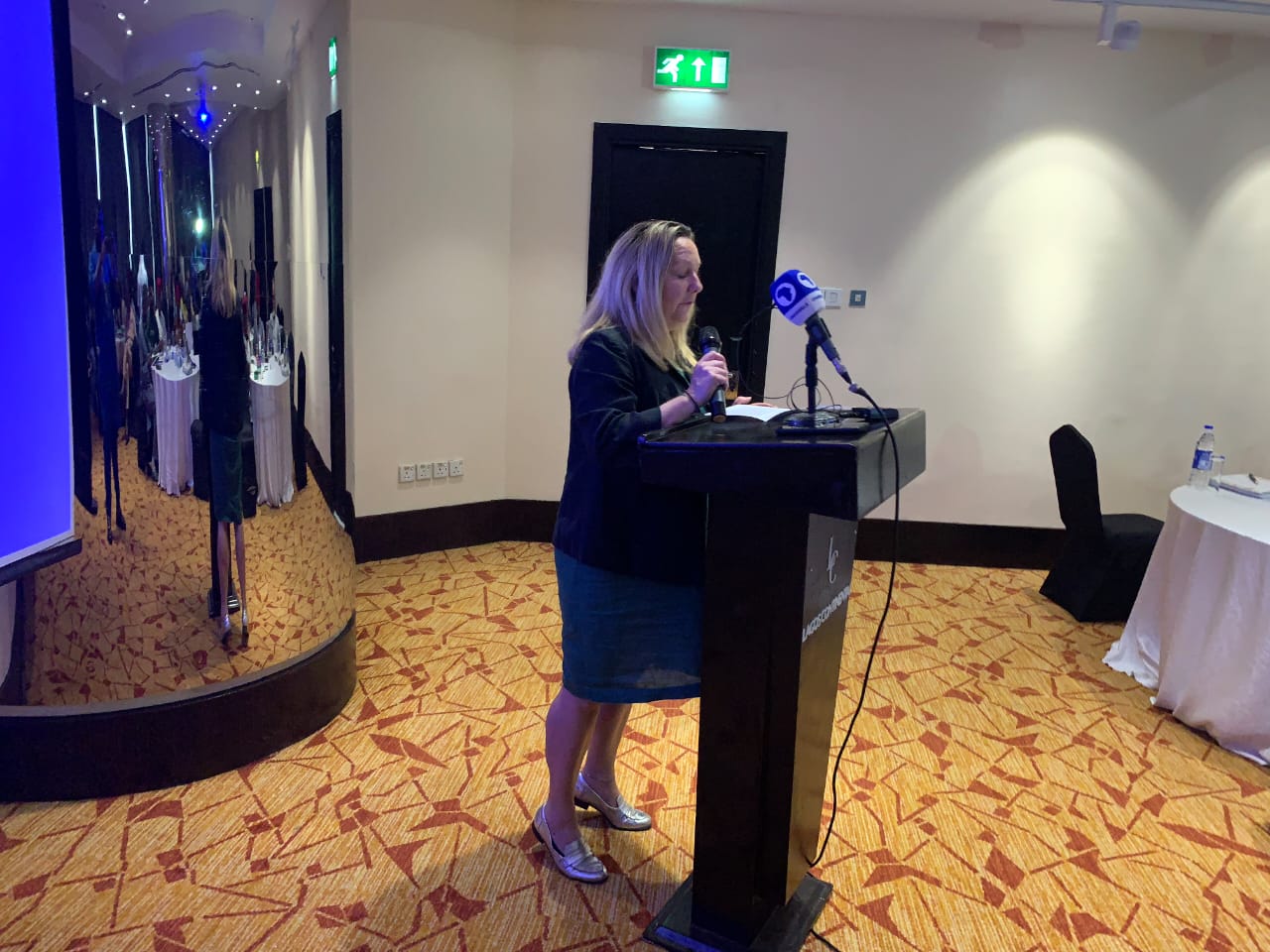The court of appeal in Abuja has held that the Code of Conduct Bureau (CCB) cannot be compelled by a Freedom of Information Act (FOI) request to release details in the assets declaration forms submitted by public officials.
In a judgment on Friday, a three-member panel of the court led by Okon Abang, held that Paragraph 3(c), Part One of the Third Schedule to the Constitution, does not prescribe the terms and conditions under which the CCB could make such disclosure.
The appellate court made this decision in two appeals marked CA/A/247/2018 and CA/A/248/2018 brought by the African Centre for Media and Information Literacy, and the Public and Private Development Centre.
The organisations had appealed against judgments delivered by Abdu Kafarati, former chief judge of the federal high court, in 2017.
Advertisement
The African Centre for Media and Information Literacy had sued the CCB and its chairman, seeking to compel them to release the assets declaration forms submitted by former presidents Goodluck Jonathan, Muhammadu Buhari and former vice-presidents Namadi Sambo and Yemi Osinbajo.
The Public and Private Development Centre also demanded similar information on the principal officers of the national assembly.
The federal high court judge had refused the reliefs sought by the groups on the grounds that, until the national assembly prescribes the terms and conditions stated in Paragraph 3(c), Part One of the Third Schedule to the 1999 Constitution, the CCB and its chairman cannot be compelled to disclose information relating to the declaration of assets by public officers.
Advertisement
APPEAL COURT JUDGMENT
Abang, in his lead judgment, agreed with the decision of the trial court.
“I think the trial court was right when it held, at page six of the record, that until the terms and conditions, stated in Paragraph 3 (c), Part One of the Third Schedule to the Constitution are prescribed by the national assembly, the respondents are not bound or compellable to disclose the information requested by the appellant,” the judge said.
“This is a duty imposed on the national assembly by the constitution which is yet to be carried out by it. Until that is done, the appellant cannot urge the trial court to compel the respondents to disclose the information sought.
Advertisement
“Contrary to the submission of the appellant, unless the terms and conditions stated in the provision of Paragraph 3 (c), Part 1 of the Third Schedule to the Constitution have been proscribed by the National Assembly, the appellant has no cause of action against the respondents.
“Learned counsel for the appellant, with the greatest respect to him, believed in the existence of an imaginary power on the respondent that does not exist.
“The Freedom of Information Act cannot impose an obligation on the respondents in defiance to the clear and unambiguous provision of Paragraph 3 (c), Part One of the Third Schedule to the Constitution, which is the supreme law of the land.
“This is so, because the Freedom of Information Act has not covered or served the purpose intended by the provision of Paragraph 3 (c), Part One of the Third Schedule to the Constitution and Section 3(c) of the Code of Conduct Bureau Act.
Advertisement
“The Freedom of Information Act, being an act of the national assembly is subject to the provision of the 1999 Constitution (as amended), and as such, the provision of the act cannot override the extant provision of the Constitution.”
He held that the appellants ought to first sue to compel the national assembly to prescribe the terms and conditions as stated by the constitution, rather than suing the CCB.
Advertisement
The judge proceeded to dismiss both appeals.
Advertisement
Add a comment






